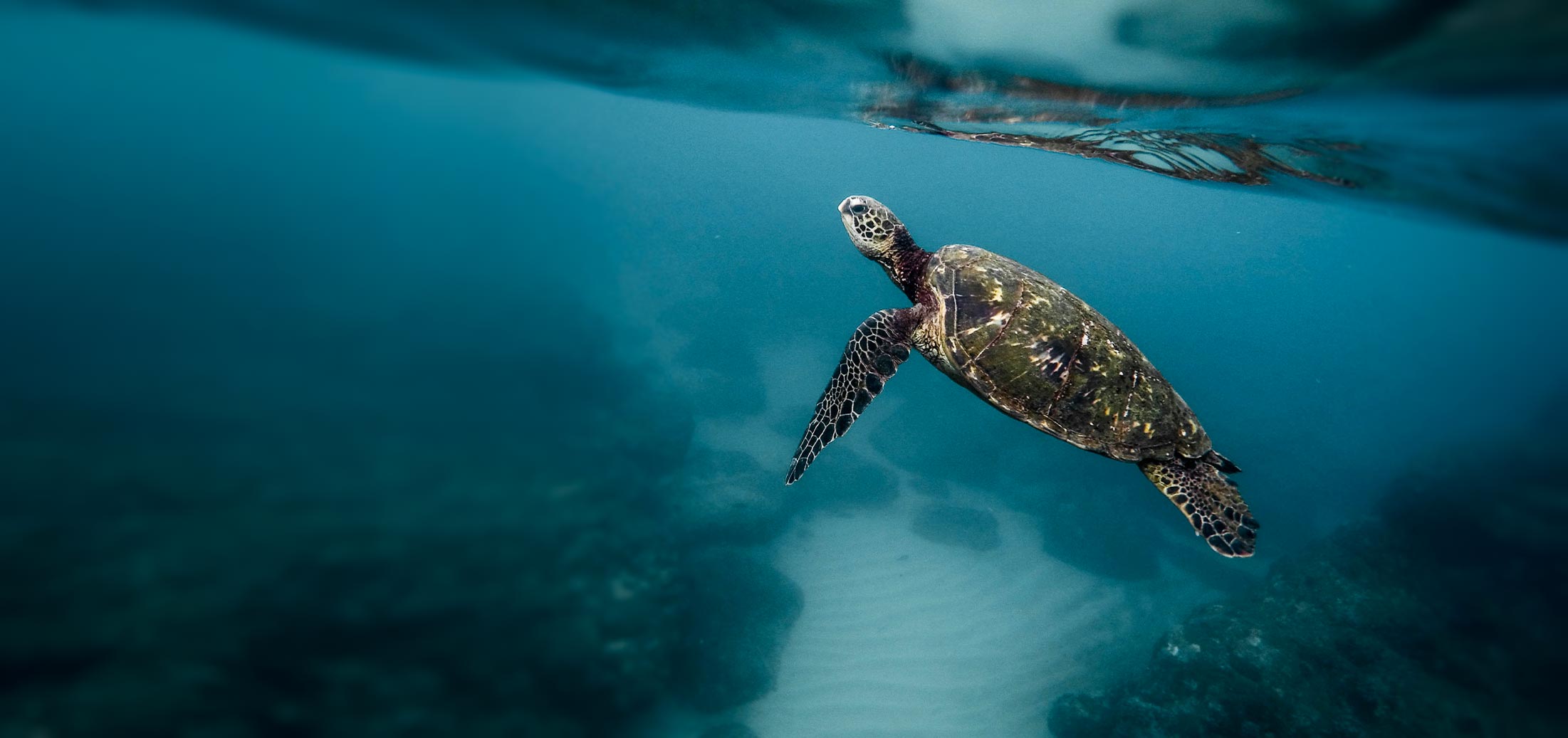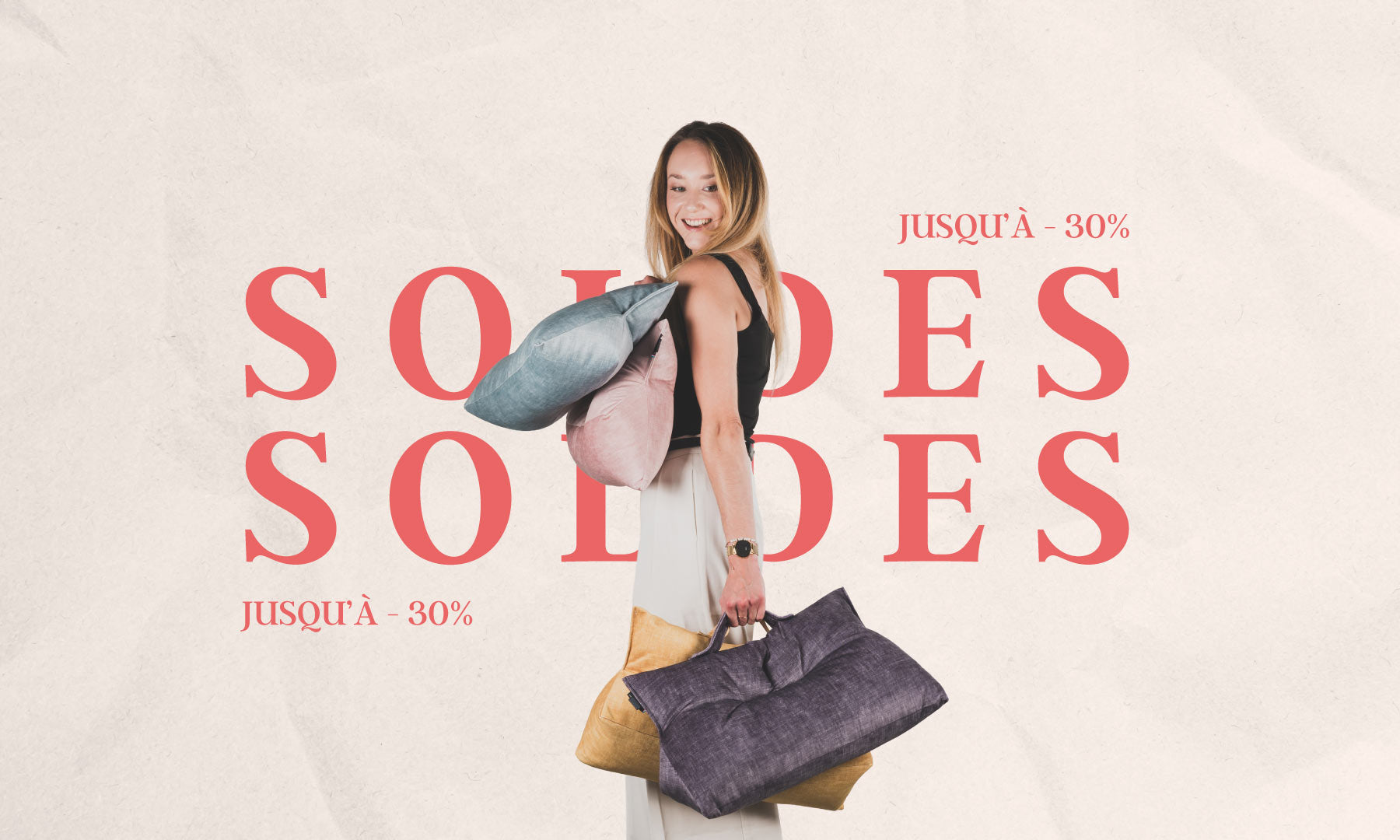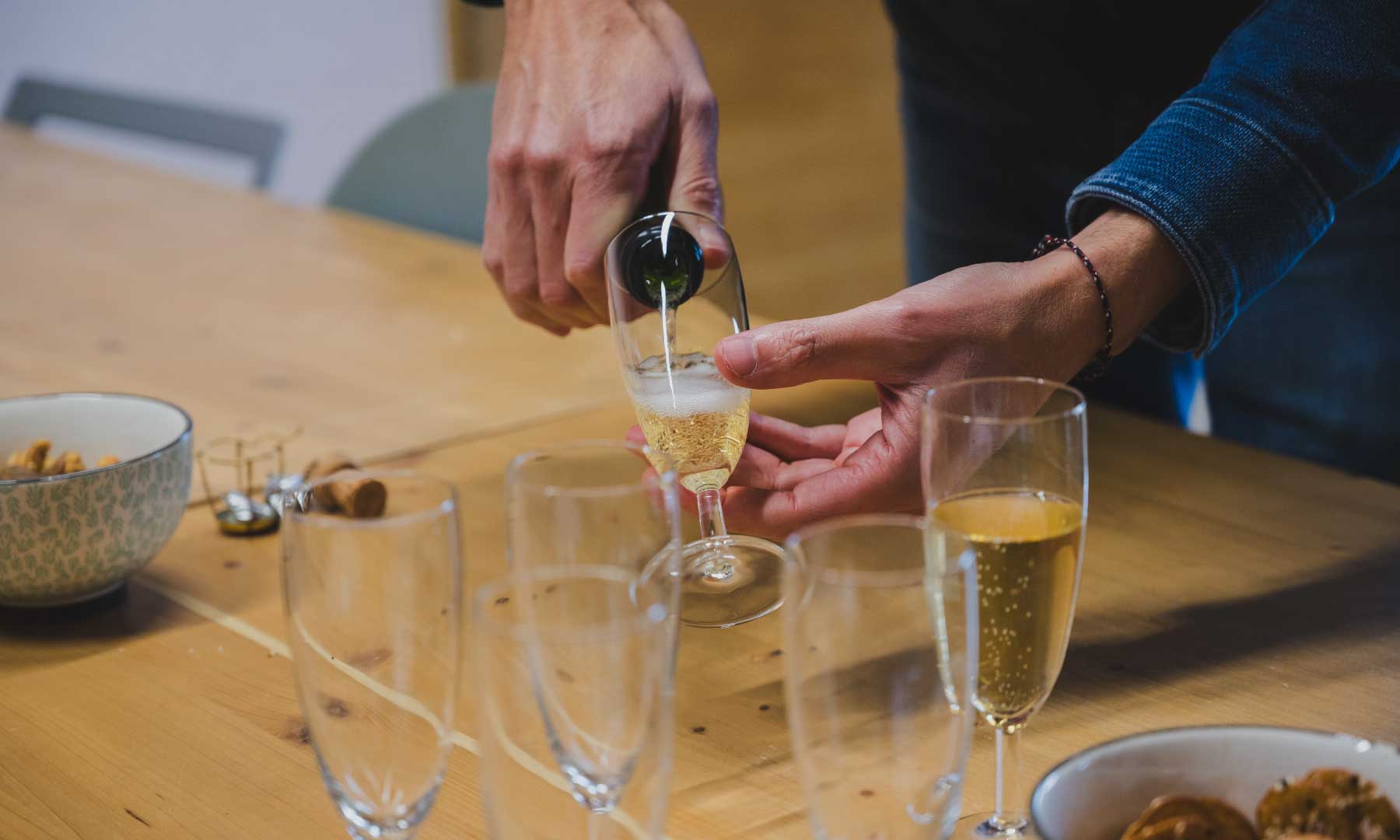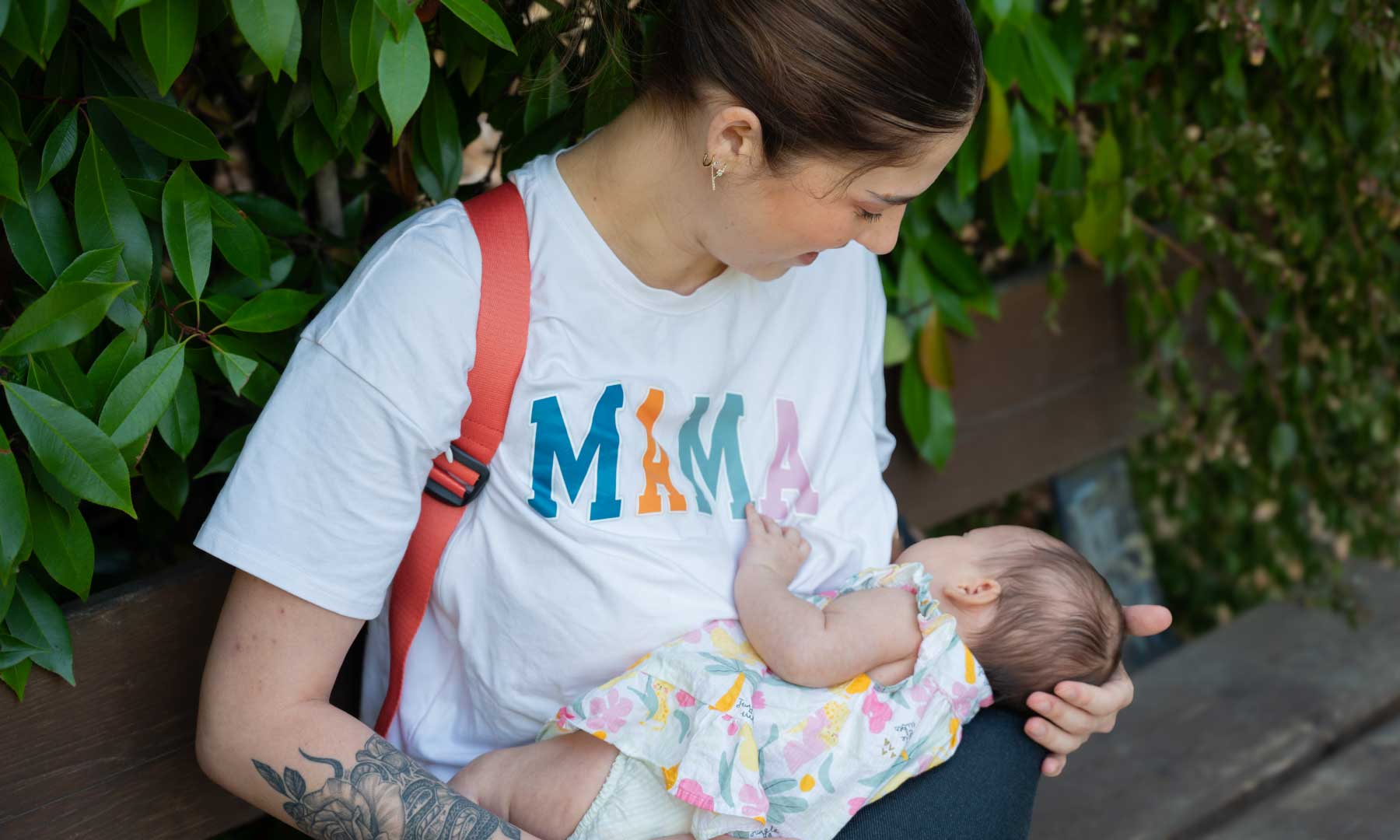
Protect the oceans... by resting!
In the life of any business, there are important moments.
For Petits Cadors, this is probably one of them. For several days now, we have been filling all our products with a new fiber. A fiber that contributes to the depollution of the oceans. 🌊
As you know, until now, our cushions were filled with a fiber from recycled plastic bottles. Sorted and washed bottles from household waste containers via selective sorting. It's an interesting process that allows you to reuse plastic material instead of creating new one again and again. There is probably enough plastic on the planet to avoid continuing to produce it all the time!
But we were not really satisfied with this recycling network which is sometimes a little opaque in terms of traceability.
Act at the source with “Social Plastic”
While doing research, we discovered Plastic Bank, a recycling network created by David Katz, Canadian social entrepreneur and his sidekick Shaun Frankson, who invented the notion of " social plastic ", like the "social economy ". The idea is to act at the source of the problem, that is to say , to intercept plastic before it reaches the oceans while creating a movement of solidarity between rich and poor countries . David Katz's hope is to create a global citizen movement, like that of Fair Trade or Ecocert, which could help reduce plastic pollution in the ocean while acting on extreme poverty.
Their idea came from a simple observation: communities experiencing extreme poverty live in environments most polluted by plastic. However, waste, in the sense of material that has become useless or damaged, will probably be the raw material of the 21st century. The idea of Plastic Bank is to monetize this resource. Their mission is to encourage people to recycle plastic through collection in exchange for money, goods or services such as school or health fees .
To understand his approach in terms of protecting the oceans, David Katz regularly uses an analogy: imagine that you arrive in your kitchen which is flooded because the sink has been left wide open. Your first instinct will probably be to turn off the tap and not to go get your mop to mop up... endlessly.
Depolluting at source to preserve the oceans
It is estimated that 10 million tonnes of plastic waste are dumped into the oceans each year.
This plastic pollution negatively impacts sea turtles, whales, seabirds, fish, coral reefs and countless other species and habitats. It is by acting at the source, that is to say by intercepting plastic in the rivers most saturated with plastic, that we can collectively have the greatest impact in preserving the oceans. To date, Plastic Bank has helped collect a quantity of plastic equivalent to more than 700 million bottles around the world .
“Preventing ocean pollution could prove to be humanity’s greatest opportunity”
David Katz - Founder of Plastic Bank®
More transparency on the origin of our raw materials
More concretely, Plastik bank is currently established in Haiti, Brazil, Indonesia, the Philippines, Colombia, Egypt, Thailand and Vietnam. The plastic collected in the waterways of these different countries is sorted, washed and reduced to flakes which can then be used for different industrial uses. Among these uses, the manufacture of polyester filling fiber popular with bedding professionals.
So here it is, today, when we look at our large fiber bags in our workshop, we are even more satisfied imagining that all this plastic ( 300 kg for each delivery, or around 10,700 bottles ) continues its life in our cushions instead of to have reached the seabed!
As David Katz says, “From an economy of sustainability, we must move to an economy of regeneration.” With this fiber change, this is the movement we are embarking on.






